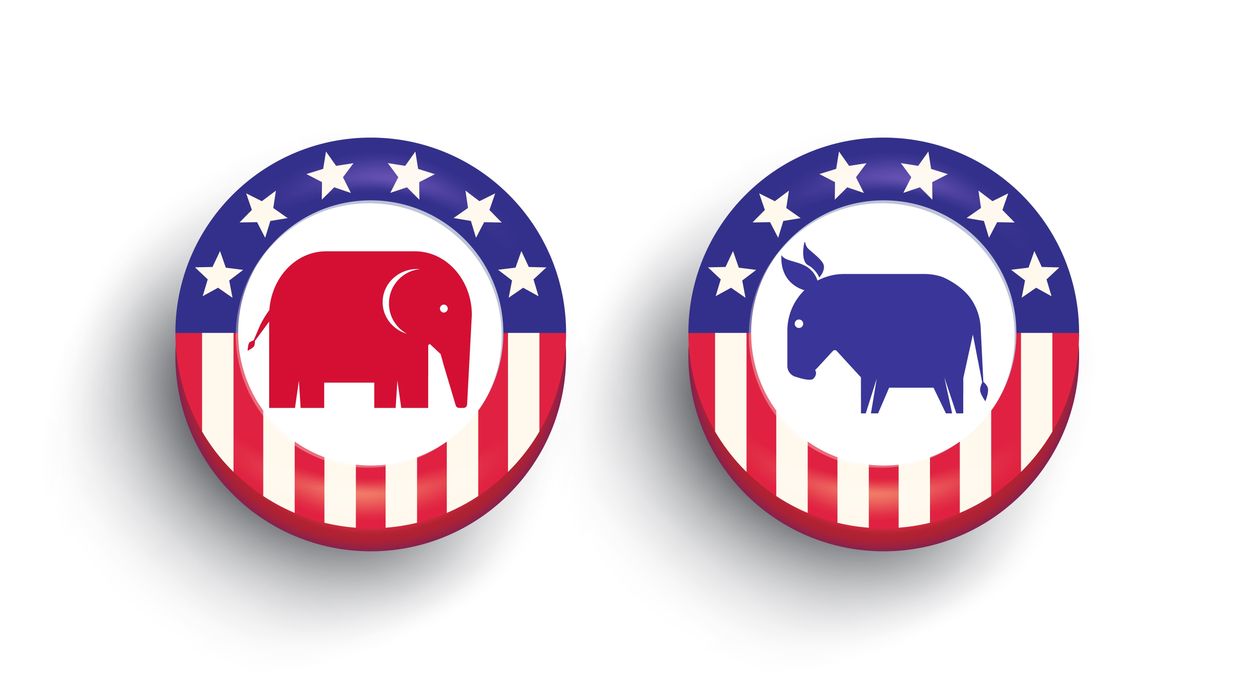In the latest episode of The Bully Pulpit podcast, Democrats, Republicans and the media come together for a lively discussion breaking down the 2024 primary contests, the general election, and the presidential campaigns as hosts Bob Shrum and Mike Murphy continue their work toward political solutions that overcome partisan divides.
Shrum, a Democratic strategist, and Murphy, a Republican consultant, are co-directors of the USC Center for the Political Future. For this episode, they spoke to:
- Douglas Brinkley, presidential historian and the Katherine Tsanoff Brown Chair in Humanities at Rice University. Jane Coaston: “The Argument” Podcast Host, The New York Times; Spring 2024 Fellow, USC Center for the Political Future.
- Ron Galperin, former controller and CFO for the City of Los Angeles.
- Tim Miller: political consultant, writer for The Bulwark and campaign director for Jeb Bush’s 2016 White House run.
Each of the guests is a spring 2024 fellow at Center for the Political Future.
Remember to check out The Democracy Group Podcast Fellowship, where passionate individuals, especially college and high school students, can learn to launch their podcasts. Apply at democracygroup.org/fellowship. The fellowship is sponsored by the Bridge Alliance, which operates The Fulcrum.
You can explore more featured podcasts here.






















Trump & Hegseth gave Mark Kelly a huge 2028 gift